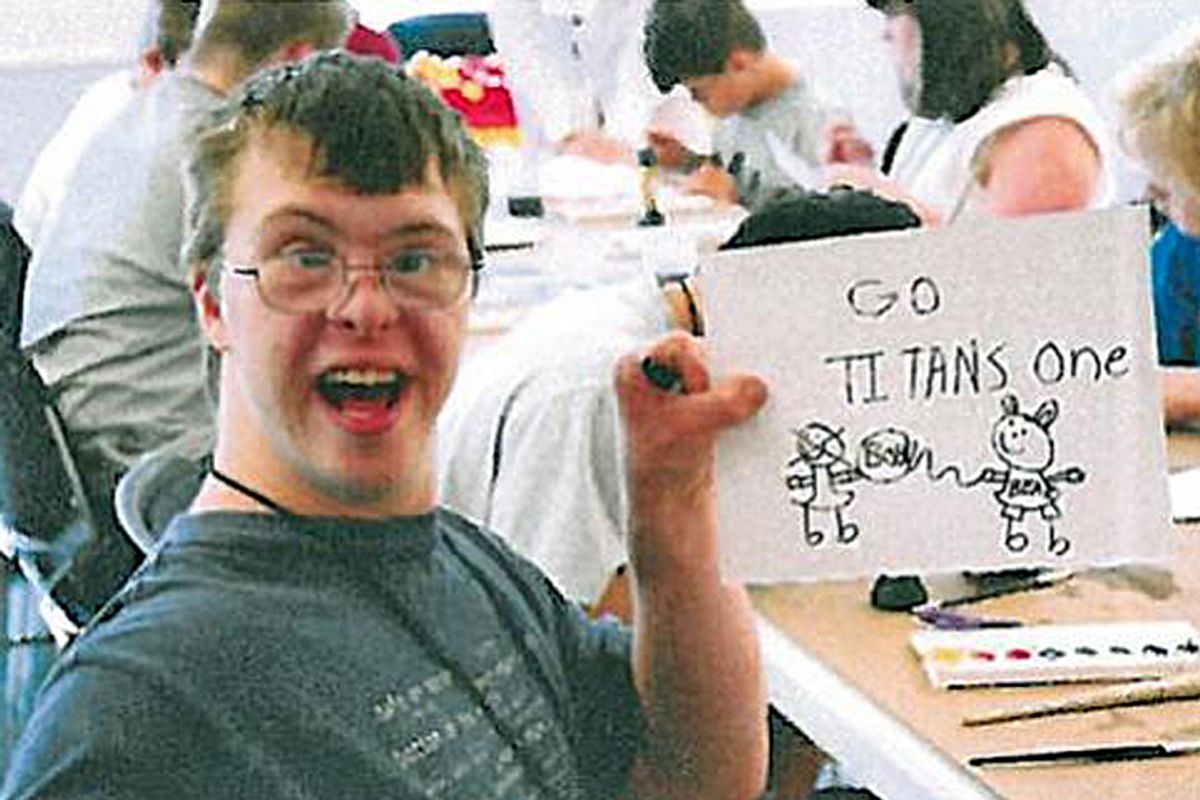Why “Retarded Memes” Have Become A Cultural Phenomenon
Let’s dive right into it—“retarded memes” have sparked debates, laughter, and even outrage in the digital space. These memes, often controversial, have taken over social media platforms, leaving many wondering where the line is drawn between humor and offense. But what makes these memes so viral? And why do people keep sharing them despite the backlash?
It’s like this: memes have always been a part of internet culture, but when it comes to “retarded memes,” things get tricky. The word itself carries a heavy stigma, and its usage can be seen as insensitive or offensive. Yet, these memes still manage to find their way into our feeds, often accompanied by tags like “funny” or “relatable.” So, what’s the deal?
For some, these memes are just a form of dark humor—a way to laugh at the absurdities of life. For others, they’re a painful reminder of how far we still have to go in terms of sensitivity and inclusivity. In this article, we’ll explore the world of “retarded memes,” their impact, and why they’ve become such a polarizing topic. Let’s get started.
- Evan Kate Net Worth The Inside Scoop On Her Success Story
- Amy Adams Ms Unveiling The Multifaceted Talent Of A Modernday Icon
Here’s the deal, folks—we’re gonna break this down for you in a way that’s easy to digest, while still giving you all the juicy details. By the end of this article, you’ll have a clearer understanding of why these memes exist, their potential harm, and how we can navigate this tricky terrain.
What Are “Retarded Memes” Anyway?
Alright, let’s clear the air. When we talk about “retarded memes,” we’re referring to memes that use the word “retarded” or similar language in a humorous or derogatory way. These memes often poke fun at situations, people, or actions deemed “stupid” or “ridiculous.” But here’s the kicker—this word has a long history of being used to belittle and discriminate against individuals with intellectual disabilities.
Now, I’m not saying all memes are bad. In fact, memes are one of the most powerful tools for communication on the internet. They can spread awareness, unite communities, and even spark important conversations. But when it comes to “retarded memes,” the message isn’t always positive. It’s a fine line between humor and harm, and that’s what we’re here to explore.
- Top Etrog Recipes To Spice Up Your Culinary Adventures
- Where Is Fleece Johnson From A Deep Dive Into The Origins Of A Rising Star
Why Do People Share These Memes?
Here’s the thing—humans love humor. It’s a universal language that helps us cope with stress, connect with others, and make sense of the world. But why do people share memes that might offend or hurt others? Well, there are a few reasons:
- Dark Humor: Some people enjoy dark humor as a way to confront uncomfortable truths or laugh at life’s absurdities.
- Relatability: Memes often resonate with people because they feel relatable or familiar. Sharing a meme can be a way to say, “Hey, I’ve been there too!”
- Social Proof: If enough people share a meme, others may feel pressured to join in, even if they don’t fully agree with its message.
But here’s the catch—just because something is popular doesn’t mean it’s right. It’s important to think critically about the content we consume and share online.
Is It Offensive? The Impact of “Retarded Memes”
Let’s talk about the elephant in the room. For many, the word “retarded” is offensive and hurtful. It’s been used for decades to demean and exclude individuals with intellectual disabilities, and its continued use can perpetuate harmful stereotypes.
But not everyone sees it that way. Some argue that the word has been reclaimed or used in a way that neutralizes its negative connotations. Others believe that context matters—if the meme isn’t directly targeting someone with a disability, it’s okay, right?
Not so fast. Language has power, and the words we choose can have a lasting impact on those around us. Even if a meme is meant as a joke, it can still reinforce negative attitudes and contribute to a culture of exclusion.
Understanding the Harm
Here’s the deal—when we use language that marginalizes or belittles certain groups, we’re not just hurting individuals; we’re also perpetuating systemic inequalities. For people with intellectual disabilities, this can mean facing discrimination, exclusion, and even violence in their daily lives.
Think about it this way—if you wouldn’t say something to someone’s face, why would you post it online for the world to see? It’s all about empathy and understanding the impact of our actions.
The History of the Word “Retarded”
To truly understand the controversy surrounding “retarded memes,” we need to look at the history of the word itself. Back in the day, “retarded” was a medical term used to describe individuals with intellectual disabilities. Over time, however, the word took on a derogatory meaning, becoming a slur used to insult or mock others.
Fast forward to today, and the word is still being used in this way, often without much thought given to its origins or implications. But here’s the thing—language evolves, and so should we. It’s time to rethink the way we use words and the impact they have on others.
Alternatives to “Retarded Memes”
So, what’s the solution? Well, for starters, we can choose to create and share content that’s more inclusive and respectful. Instead of using harmful language, we can focus on humor that doesn’t rely on exclusion or offense.
Here are a few ideas:
- Self-Deprecating Humor: Laugh at yourself instead of others. It’s a great way to connect with people without hurting anyone.
- Satire: Use humor to comment on societal issues or absurdities without targeting specific groups.
- Positive Representation: Highlight the strengths and contributions of individuals with disabilities instead of focusing on stereotypes.
At the end of the day, humor is all about perspective. By choosing to create content that uplifts instead of tears down, we can make the internet a more positive and inclusive space.
Why Inclusivity Matters
Here’s the truth—inclusivity isn’t just a buzzword; it’s a necessity. When we create content that’s accessible and respectful to everyone, we’re building a better world for all of us. It’s about recognizing the value of every individual and making sure everyone feels seen and heard.
And let’s be real—inclusive content is also good for business. In today’s digital landscape, brands and creators who prioritize diversity and inclusion are more likely to succeed. It’s a win-win situation.
How to Navigate the World of Memes
So, you’re scrolling through your feed, and you come across a meme that makes you cringe. What do you do? Here are a few tips:
- Pause Before Sharing: Take a moment to consider the content and its potential impact before hitting that share button.
- Speak Up: If you see a meme that’s offensive or harmful, don’t be afraid to call it out. Your voice matters.
- Engage in Conversations: Use these moments as opportunities to educate others and promote understanding.
Remember, the internet is a shared space, and we all have a role to play in making it a better place. By being mindful of the content we consume and share, we can contribute to a more positive and inclusive online community.
Building a Better Internet
Here’s the thing—we can’t change the past, but we can shape the future. By being intentional about the content we create and consume, we can help build a better internet for everyone. It’s all about empathy, understanding, and a willingness to grow and learn.
And let’s not forget—the power is in our hands. Every like, share, and comment we make has the potential to influence others. So, let’s use that power for good.
The Psychology Behind Memes
Now, let’s dive a little deeper into the psychology of memes. Why do they resonate with us so much? And why do some memes go viral while others don’t?
Here’s the deal—memes tap into our emotions, whether it’s humor, outrage, or nostalgia. They’re a quick and easy way to convey complex ideas or feelings, making them perfect for the fast-paced world of social media. But when it comes to “retarded memes,” the emotional response is often mixed.
Some people laugh, others cringe, and some feel hurt. It’s this emotional complexity that makes these memes so polarizing. But it’s also what makes them so powerful. By understanding the psychology behind memes, we can better navigate the world of online humor and make more informed decisions about what we choose to share.
Conclusion: Where Do We Go From Here?
Alright, folks, let’s wrap this up. “Retarded memes” are a controversial topic, and there’s no easy answer when it comes to navigating the world of online humor. But one thing is clear—language matters, and the words we choose have the power to shape our culture and society.
So, what can you do? Start by being mindful of the content you consume and share. Take a moment to consider the impact of your actions and engage in conversations that promote understanding and empathy. Together, we can create a more positive and inclusive internet for everyone.
And hey, if you’ve got thoughts or opinions on this topic, drop them in the comments below. We’d love to hear from you! Also, don’t forget to check out our other articles for more insights into the world of memes and internet culture.
Table of Contents
- Why “Retarded Memes” Have Become a Cultural Phenomenon
- What Are “Retarded Memes” Anyway?
- Why Do People Share These Memes?
- Is It Offensive? The Impact of “Retarded Memes”
- Understanding the Harm
- The History of the Word “Retarded”
- Alternatives to “Retarded Memes”
- Why Inclusivity Matters
- How to Navigate the World of Memes
- Building a Better Internet
- The Psychology Behind Memes
- Conclusion: Where Do We Go From Here?
- Amy Adams The Stellar Journey Of A Hollywood Icon
- Upright Bass Dimensions The Ultimate Guide For Bass Enthusiasts

Im Retarded Meme

Oh no it's retarded! Meme Generator

This makes me feel retarded Funny Pictures, Quotes, Pics, Photos